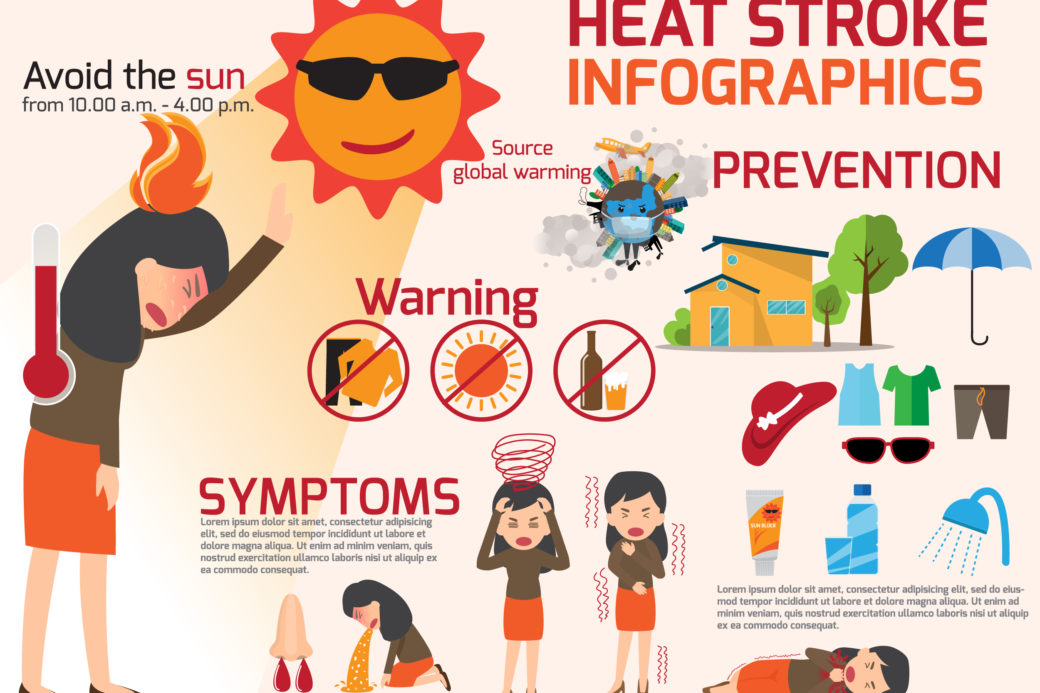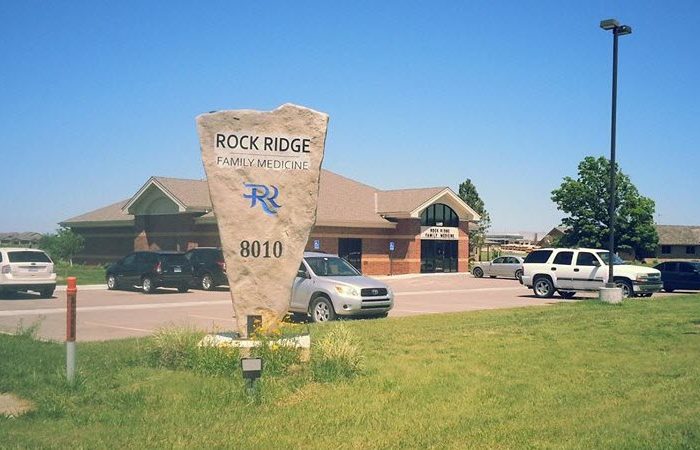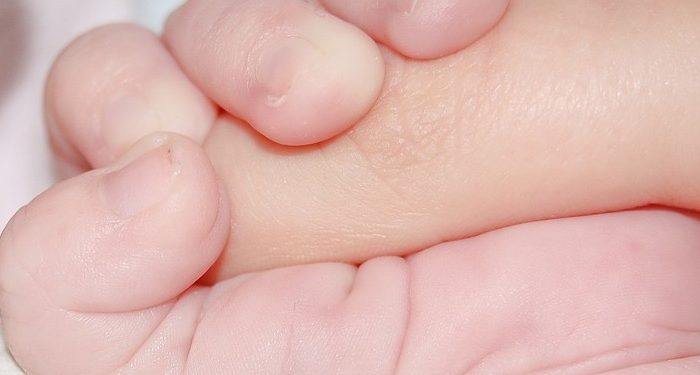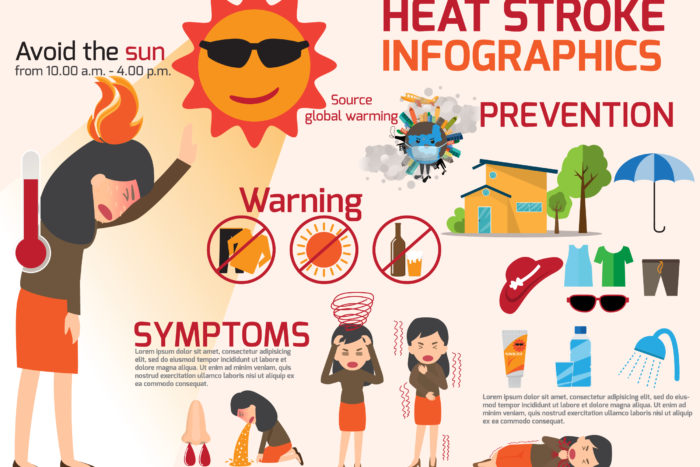Heat Exhaustion

As we move into the summer months, it is important to be aware of the way your body responds to the heat. Heat exhaustion is a dangerous condition where your body overheats. Some of the symptoms include heavy sweating and a rapid pulse. It is the mid-level of the three heat related syndromes, the mildest being heat cramps and the most severe being heat stroke.
Heat exhaustion can be caused by exposure to high temperatures, especially when the humidity is high or one is engaged in strenuous physical activity. Heat exhaustion can lead to heatstroke, which is life-threatening, if it is not treated promptly.
Symptoms of Heat Exhaustion
Heat exhaustion can be prevented easily by staying hydrated and cool. However, if you find yourself or a loved one experiencing any of the following symptoms, it is important to treat it as soon as possible. These symptoms may develop over a period of time, or come on rather suddenly, especially with exercise. Possible heat exhaustion signs and symptoms include:
- Goose bumps or feeling chilled in the heat
- Cool, clammy skin
- Heavy sweating
- Dizziness
- Excessive fatigue
- Faintness
- Weak, rapid heart rate
- Muscle Cramps
- Nausea
- Severe headache
What To Do About Heat Exhaustion
If you think you may be experiencing heat exhaustion, stop what you are doing and rest. Move to a cooler place and focus on rehydrating your body.
If symptoms progress over the next hour, contact your doctor. If someone you are with shows signs of heat exhaustion coupled with confusion, agitation, inability to drink or a loss of consciousness, call 911 or take them to the emergency room immediately.
Contact your doctor if your signs or symptoms worsen or if they don’t improve within one hour. If you are with someone showing signs of heat exhaustion, seek immediate medical attention if he or she becomes confused or agitated, loses consciousness, or is unable to drink. You will need immediate cooling and urgent medical attention if your core body temperature (measured by a rectal thermometer) reaches 104 F (40 C) or higher.
Risk Factors of Heat Exhaustion
There are several factors that can increase your risk of heat exhaustion. Some of these factors include:
- Young Age – Infants and children under the age of 4 are at higher risk of heat exhaustion or heatstroke because their bodies ability to regulate temperature has not fully developed.
- Old Age – As people age, their ability to maintain body temperature can be affected by illness, medications or many other factors.
- Medications – Certain medications do not only affect the elderly. Anything that impacts your body’s ability to stay hydrated may cause heat exhaustion. These can include high blood pressure and heart medications, antihistamines, and psychiatric drugs. There are also several illegal drugs that can increase your body temperature, especially cocaine and amphetamines.
- Obesity – Excess weight can cause your body to retain more heat as well as impacting your ability to regulate temperature.
- Travel – If you are travelling from a cold climate to a warm one, you can be at an increased risk for heat exhaustion.
- Heat Index – This is the measure of the heat and humidity combined and how they make you feel. If humidity is high, it is more difficult for your sweat to evaporate, making your body work harder to cool itself.
Heat Exhaustion Prevention
There are numerous precautions you can take to prevent heat exhaustion and other heat-related illnesses. If it is over 91F, always remember to wear loose-fitting, lightweight clothing. Be sure to protect against sunburn because it affects your body’s ability to cool itself.
The most important thing you can do to prevent heat exhaustion is drink plenty of fluids. This allows your body to sweat and regulate your body temperature.
See also the difference between heat stroke and heat exhaustion.




Leave a Comment